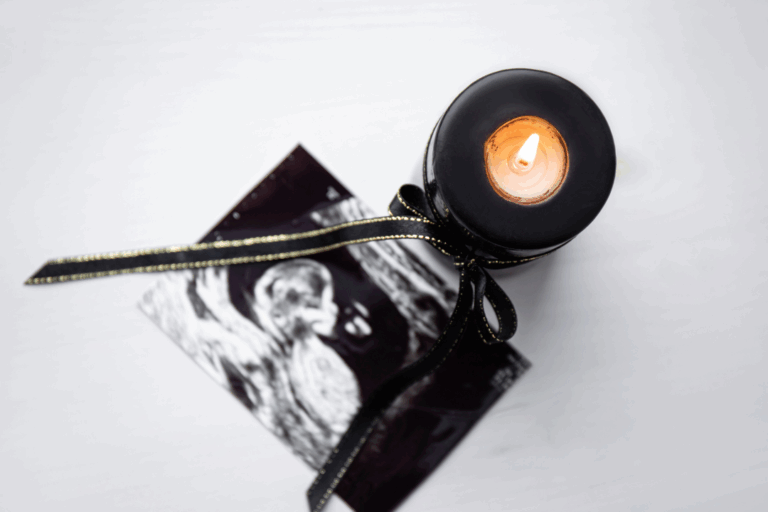Feeding your older baby or toddler becomes easier as your little one will start to give very clear signals and even use language at this stage.
As he develops s stronger sense of his own opinion you may find he asserts himself strongly. At times you may find it hard to be sure if he is asserting himself because he is full or simply because he is a toddler and he wants to voice an opinion.
These are the cues you need to look out for:
- Opening the fridge door or crawling to the fridge and pointing – if it is close to mealtime, give him the words and let him know you understand what he wants and that food or drink is on its way: “I see you are feeling hungry. Maybe its time for a little snack.”
- Becoming fractious and irritable and more than two hours has passed since the last snack or feed – he may be hungry and not giving signals until he is already feeling irritable from the hunger.
- Not opening his mouth for the first mouthful, even though time has passed from the last solid or milk feed – he may well be hungry but simply asserting himself. Slow to warm up babies typically do this if a new food is presented. In this case, model eating by having a mouthful yourself. Try to get a taster into his lips so he licks it to entice him to eat. Try place the highchair in a novel place or eat with him – the distraction and social aspect can help.
- Closing mouth firmly shut after a few mouthfuls – this typically happens at dinnertime and you may be concerned that he has had very little to eat. Remember appetites are lower in the evening and tired and overstimulated babies also are not very interested in food. In these cases it is worth trying to entice him to try ‘just one mouthful’. If he persists, you can try offering one different food, such as a fruit with peanut butter or yogurt and then abandon the meal.
- Turning away from food after a eating some of the meal and trying to escape the highchair probably indicate he is full or has lost interest in the meal and the sedentary activity of sitting.
- Pushing away the bowl or upending it on the tray table – if he has eaten some food with relish and now shows he is finished it is time to respect his signals and give him words: “Are you feeling full? Will you have one more or are we finished?”




